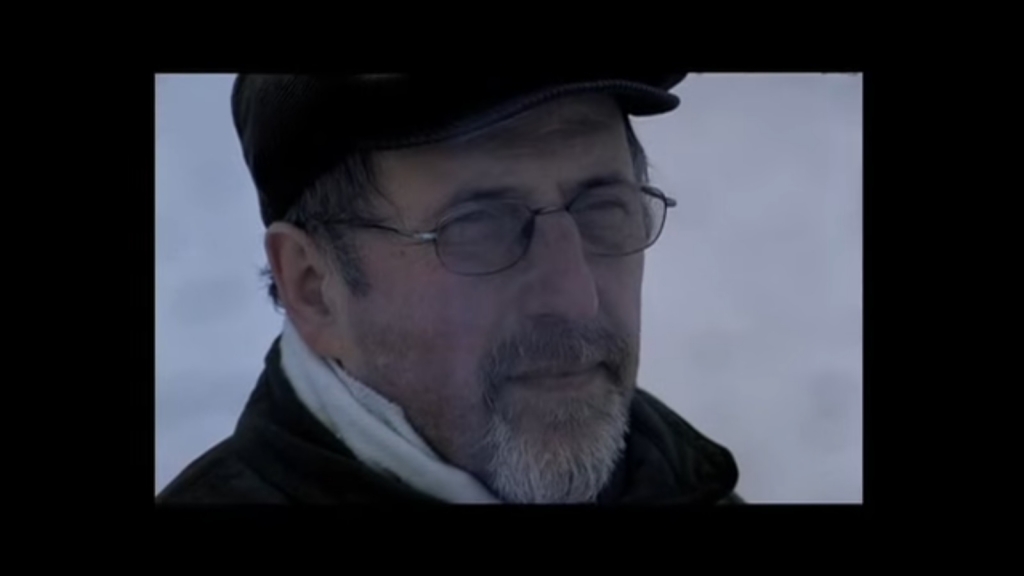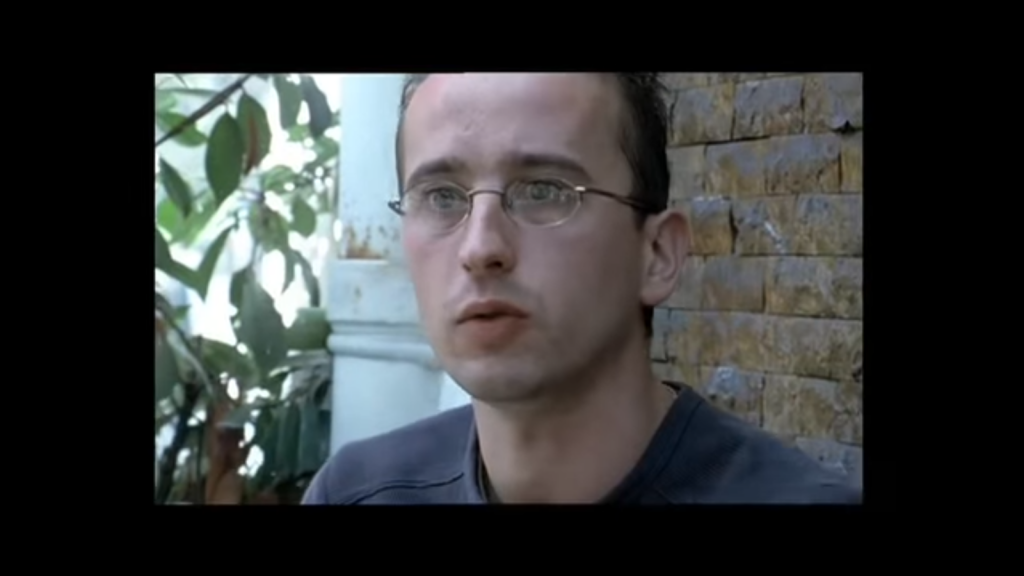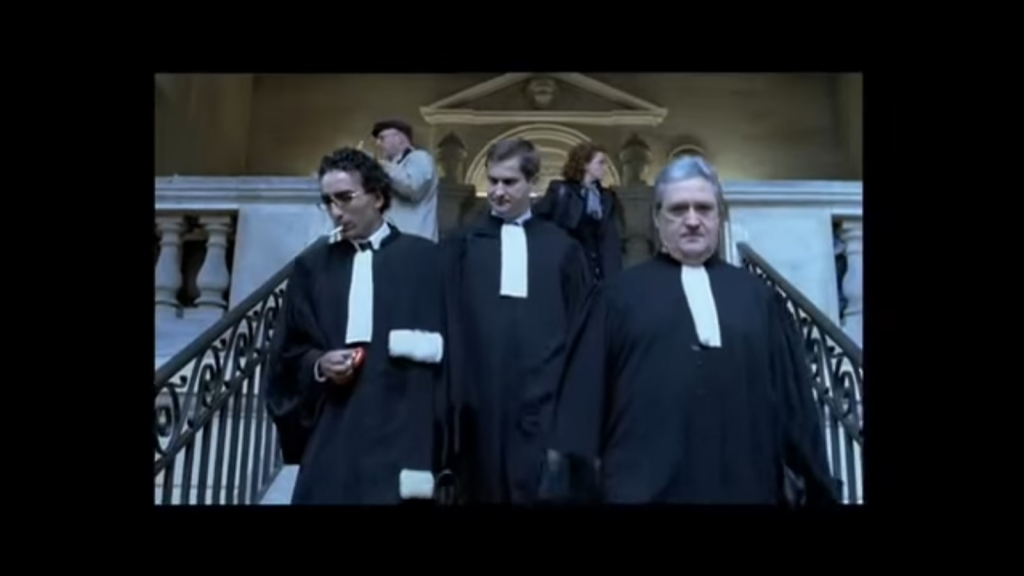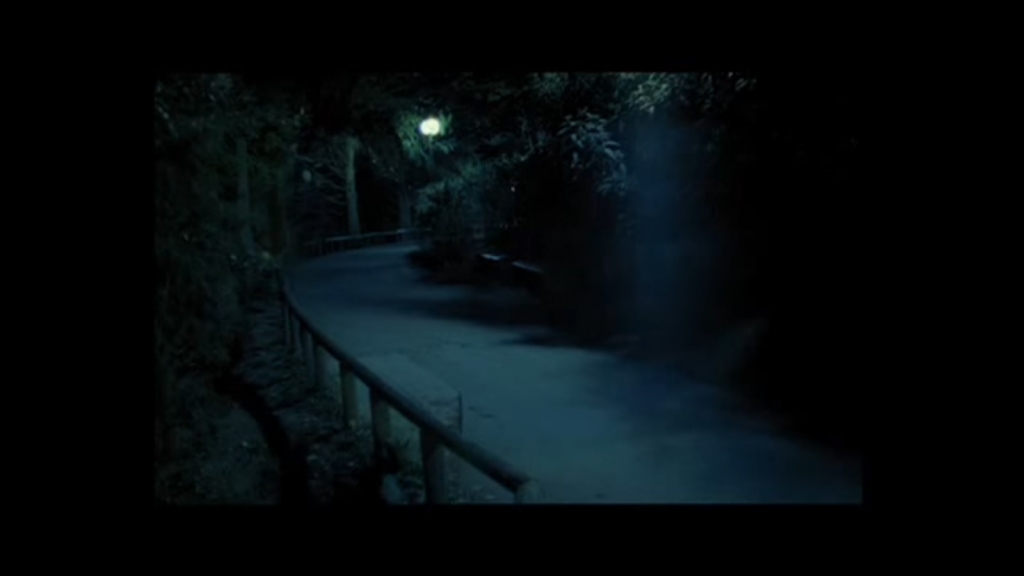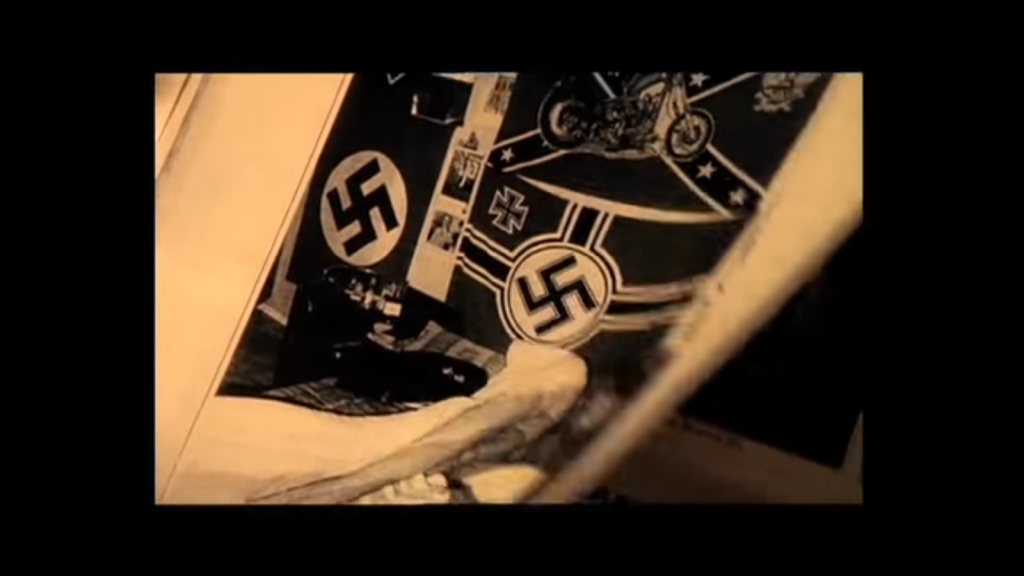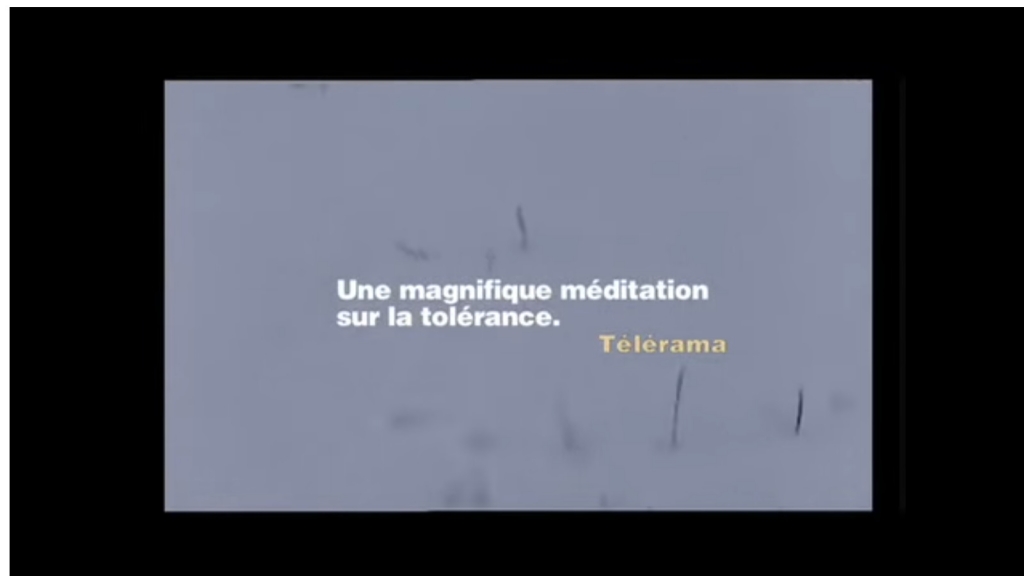Au-delà de la haine
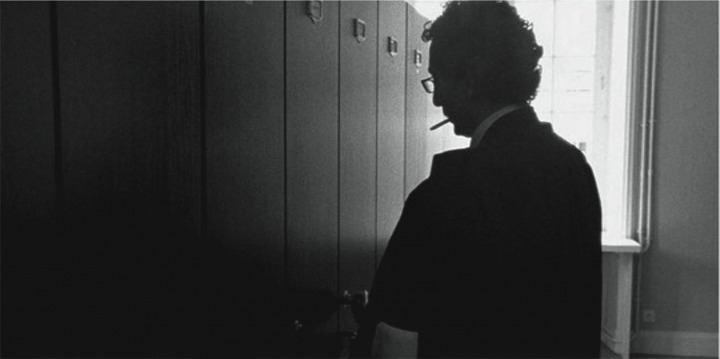
Synopsis
Because twenty-nine-year-old François Chenu was openly homosexual, he was murdered on the night of September 13, 2002 in a park in Reims, France by three skinheads. François' parents try to deal with their grief so that they can remain dedicated to promoting tolerance and respect. Interview with the director
About the film
On a September night in 2002, three skinheads roam through a park in Reims. They are after an Arab, but when they encounter a homosexual, they attack him instead. Twenty-nine-year-old François Chenu defends himself and calls his attackers cowards. Severely injured, he drowns in a nearby pond. His murderers are arrested quickly. Meyrou did not want to make a documentary about homophobia, but a universal film about tolerance and intolerance. The result persists in memory. The people portrayed in the film speak with great dignity: François' parents, his brothers and sisters, the family's attorney. Olivier Meyrou takes the time to speak with those taking part in the trial.(...) In the course of proceedings, the family changes. The grief is gradually replaced by a desire to understand the murderers, who come from socially and culturally underprivileged families and have been exploited by right-wing radical groups. The film accompanies the family's efforts to forgive them. Seldom has such a humanistic film been seen about such a complex theme: hatred and the need for justice and forgiveness. (Vincent Josse, www.radiofrance.fr)
Interview with the director
Question: What aroused your interest in this story?
Olivier Meyrou: I wanted to make a fi lm about homophobia, an attitude found all over the world. I heard about the murder of François Chenu in September 2002. I chose this drama as a starting point for a closer examination of French society. I contacted the attorneys for the defense and for the plaintiffs. At first I wanted to use the story to show how the mechanism of hate works. But last June, François' parents said they were willing to meet me. That the film found its current form is owed to them and their mourning process.
Question: How did it come about that the Chenus agreed to speak in front of the camera?
OM: We had already worked with François' family beforehand; I visited them often. Later we tape-recorded several interviews. We did the shooting later, on nineteen days over a period of six months. My film is the result of coming closer in a span of eighteen months.
Question: How do you explain this family's development and that it can forgive the perpetrators?
OM: Every member of this family had to deal in his own way with the pain of losing François. Marie-Cécile, who cares for hospital patients, could not endure the idea that her son died alone. Jean-Paul, a special education teacher, realized at some point that the pain over losing his oldest son put him in danger of losing his faith in humanity and his will to live. In a key moment of the fi lm, Marie-Cécile
says it would be a lot easier for her to carry the hate and violence forward in herself. (...) The Chenu family wants to continue the dedicated way of life it has always led, despite the pain.
Question: Do you believe that the parents' letter to the accused will change them?
OM: It is too early for a fi nal answer to this question. But two of the three accused have already answered the parents, and the third will, as well. The underage perpetrator is beginning to understand what he did; until now, the homosexual François was something abstract for him. The oldest of the three, the instigator, writes in his letter to the parents about the victim's courage and about his own wish to be as brave as François Chenu.
Anne-Laure Fournier, www.france5.fr
details
-
Runtime
86 min -
Country
France -
Year of Presentation
2006 -
Year of Production
2005 -
Director
Olivier Meyrou -
Cast
-
Production Company
Hold Up Films, Paris; Miss Luna Films, Boulogne; France 5, France 2, CNC. -
Berlinale Section
Forum -
Berlinale Category
Documentary-, Essay Film -
Teddy Award Winner
Best Documentary/ Essay Film
pictures from the movie
Biography Olivier Meyrou
Born in Antony, France on 2/19/1966, he studied literature and communications before attending the film school Femis in Paris and later the Tisch School of the Arts in New York. He has been making documentaries ever since, but has also worked as an assistant director at the opera. His film AU-DELA DE LA HAINE, about the murder of a gay man by three skinheads, won the Teddy Award at the 2006 Berlinale.
Filmography Olivier Meyrou
2009 L'avocat du diable | 2011 Acrobat
